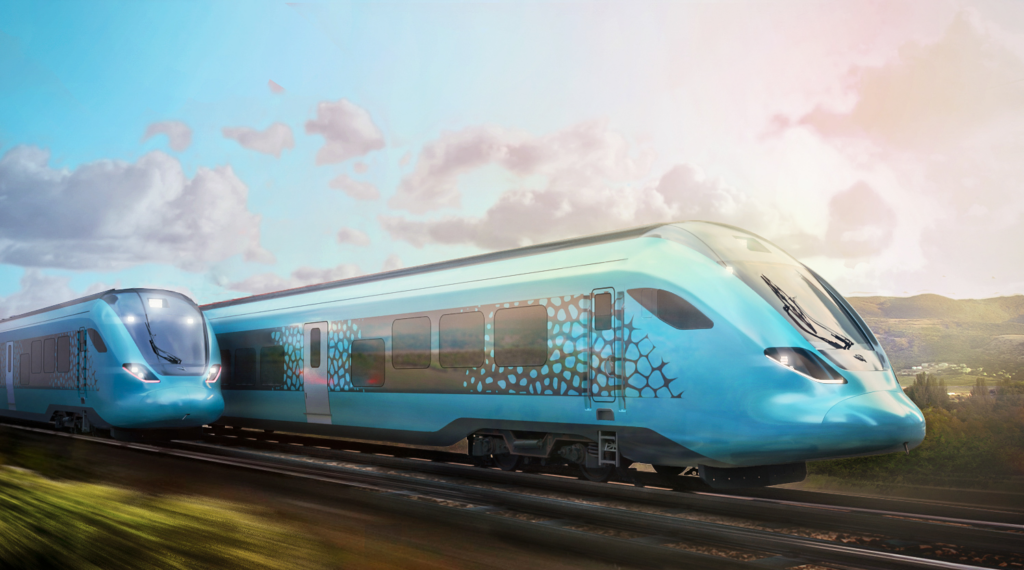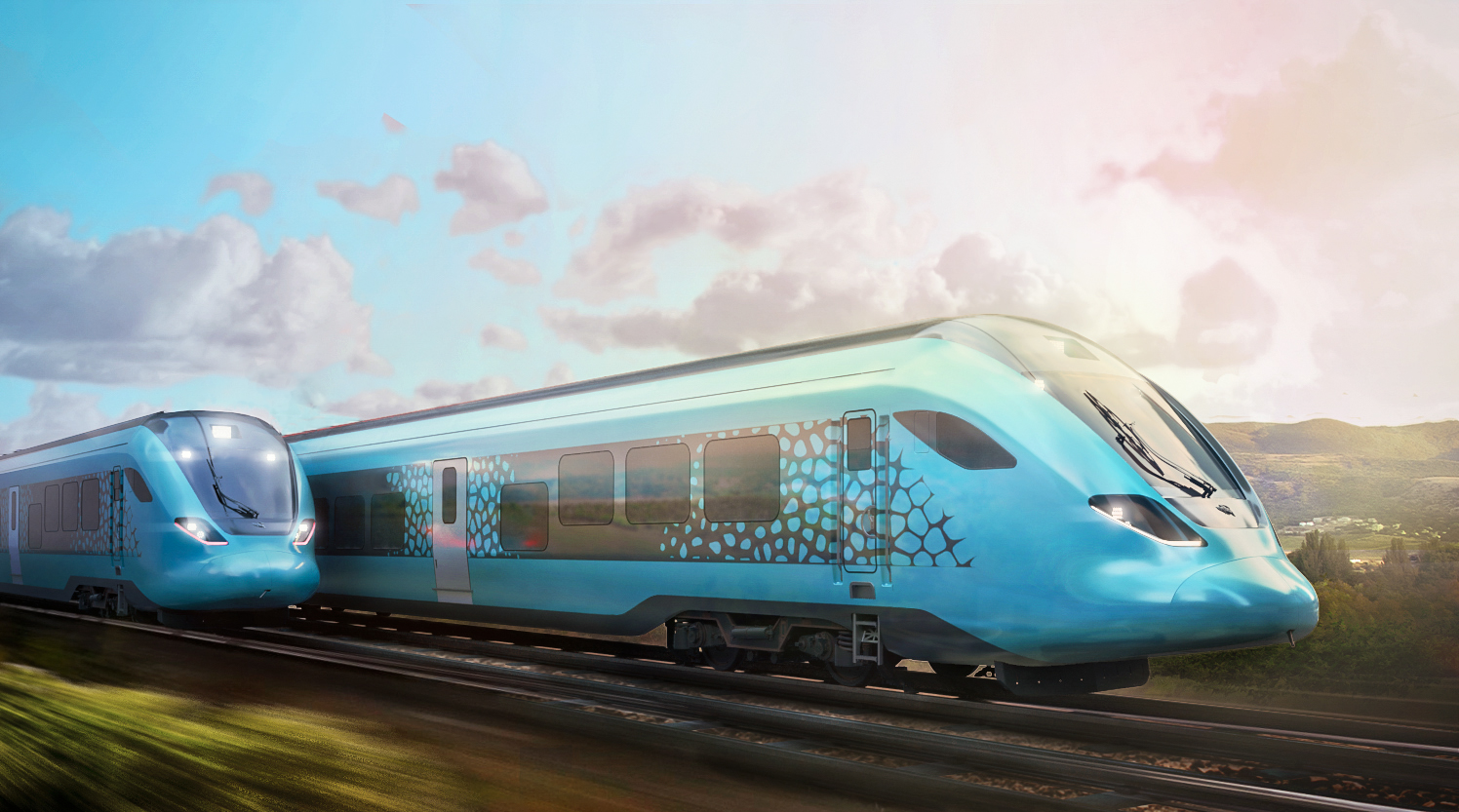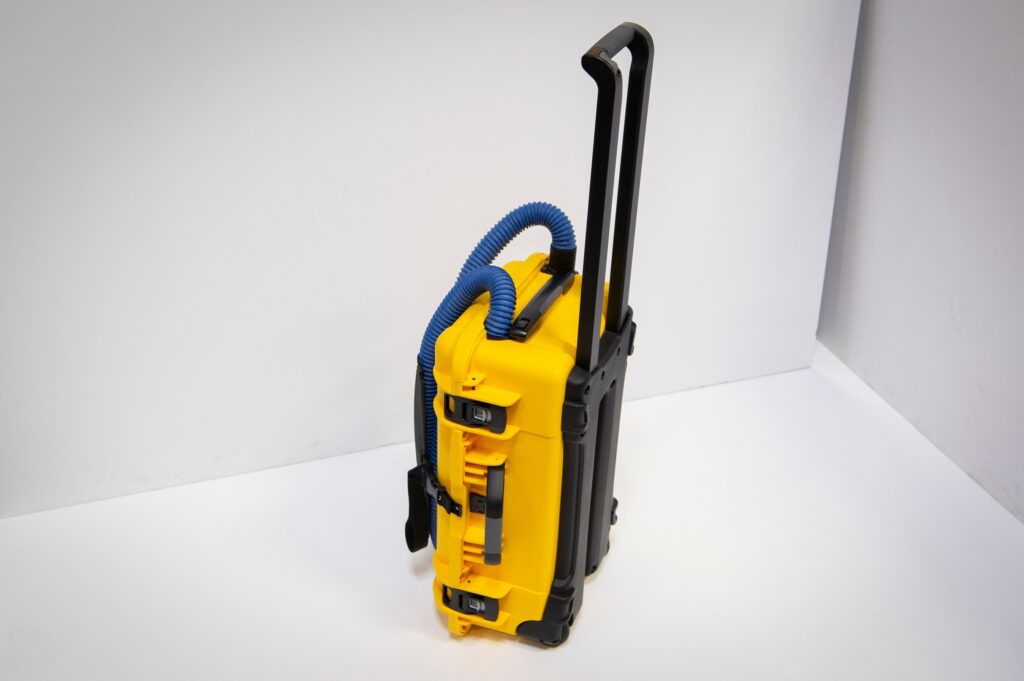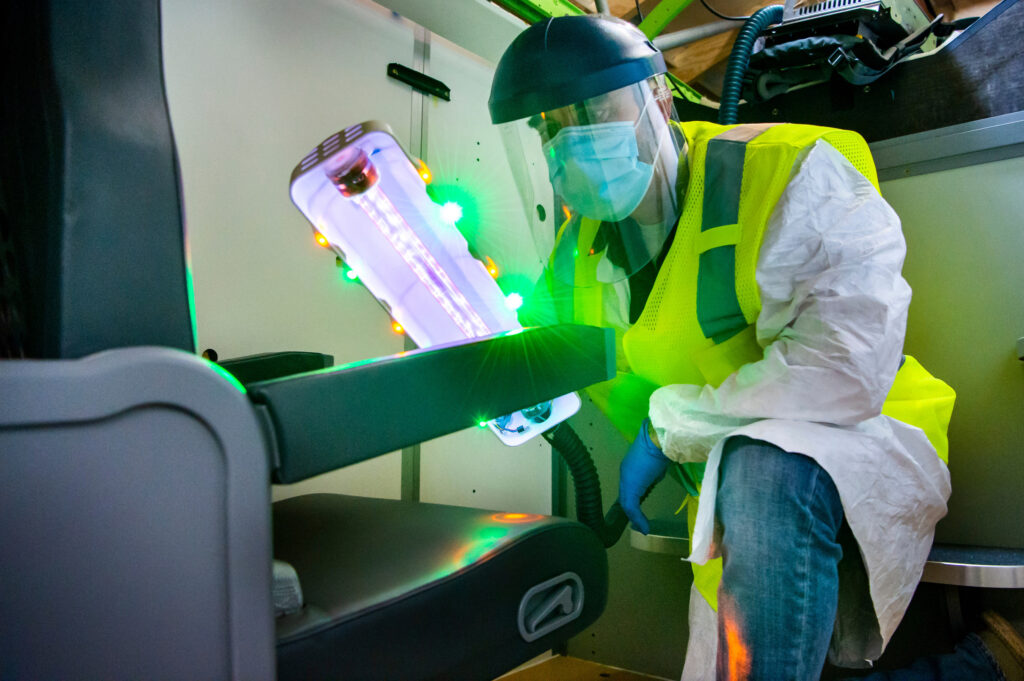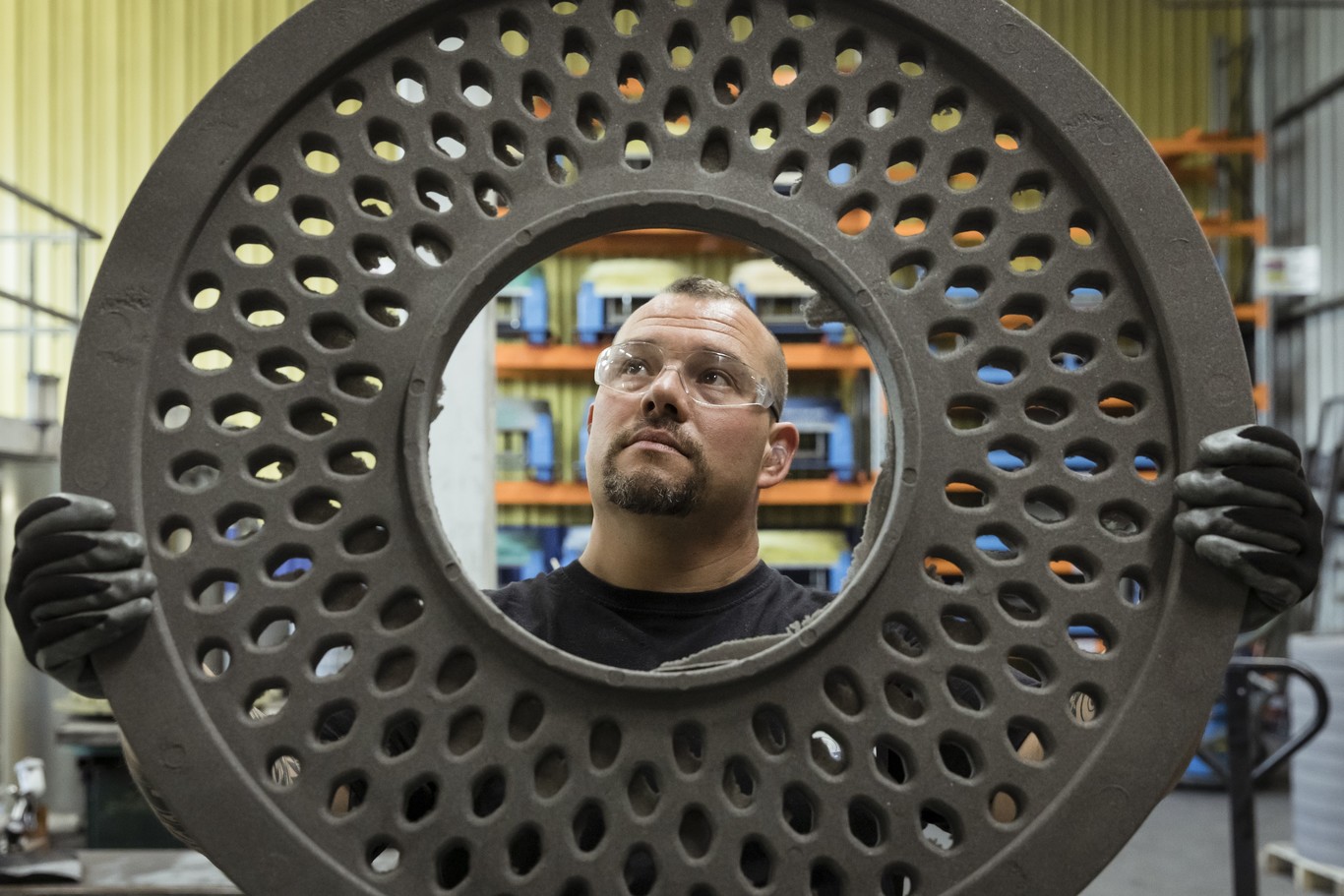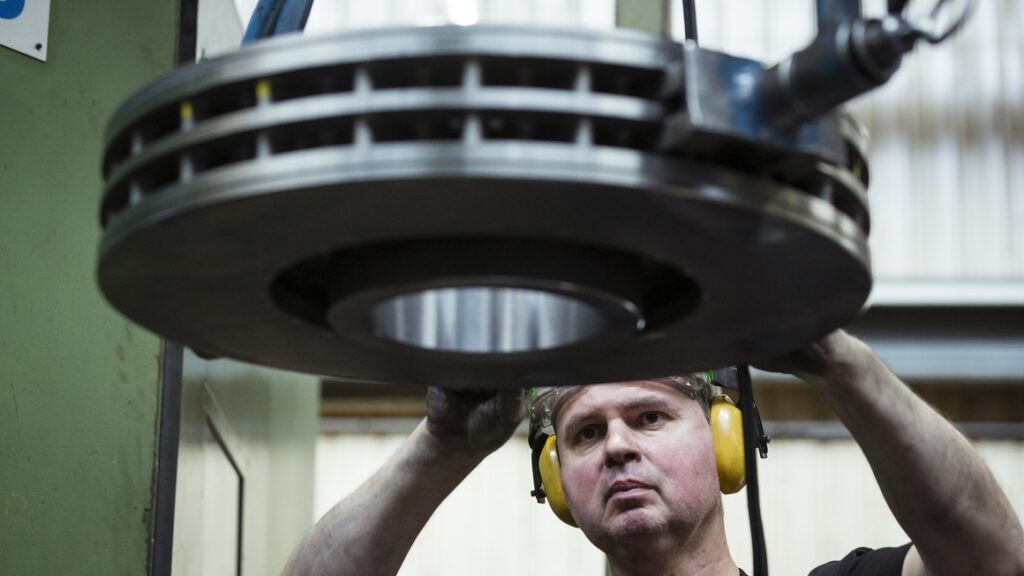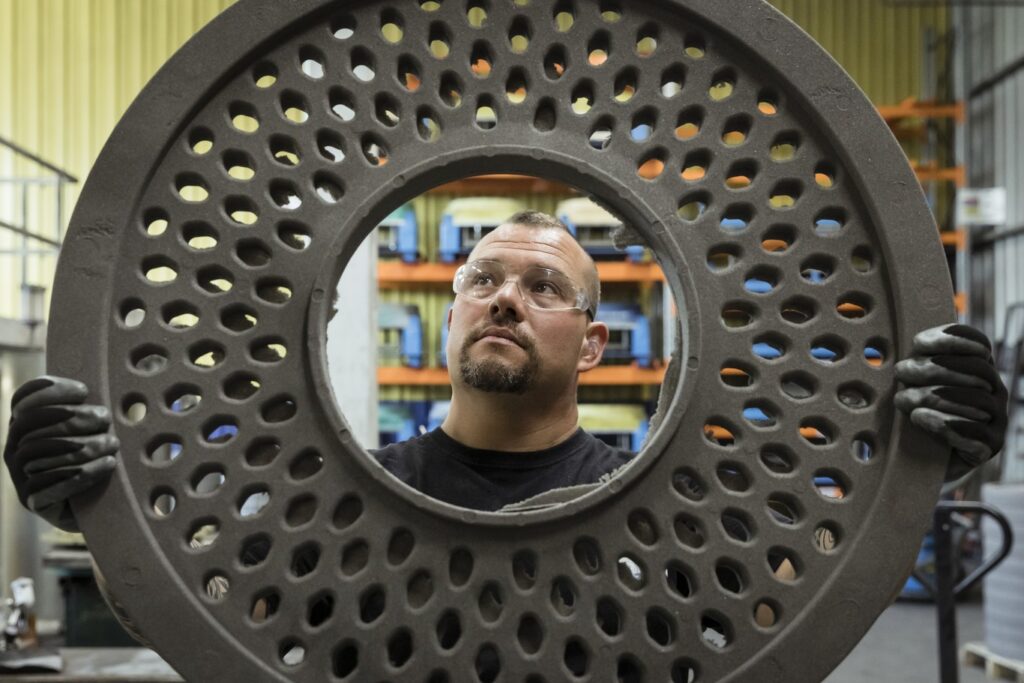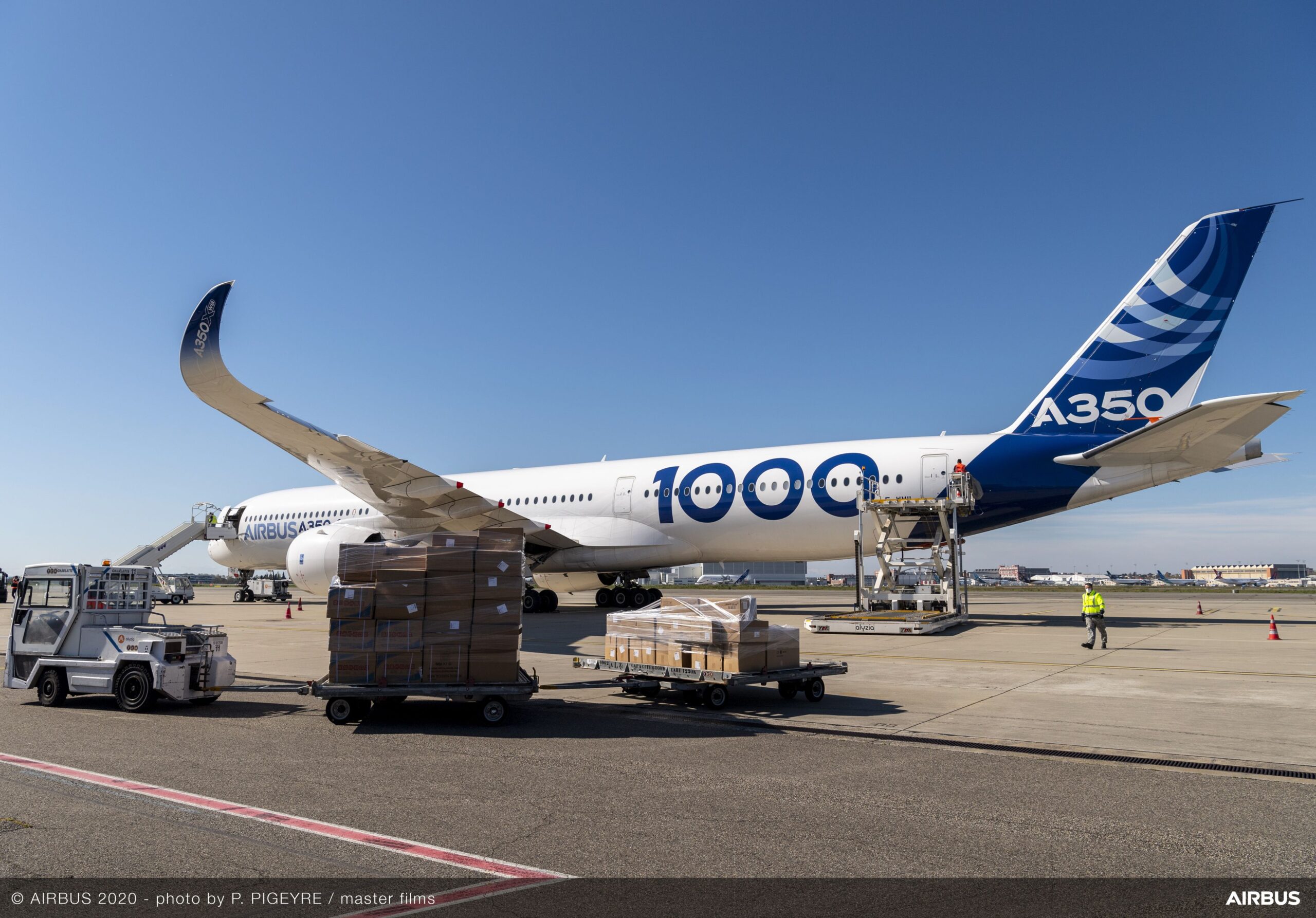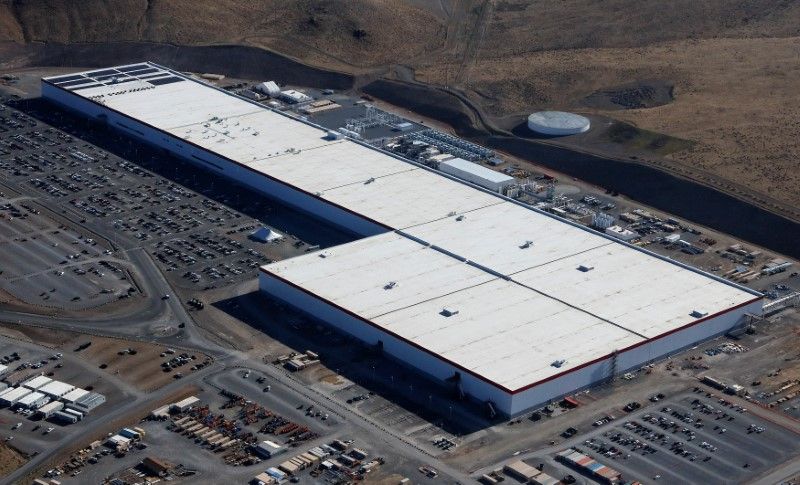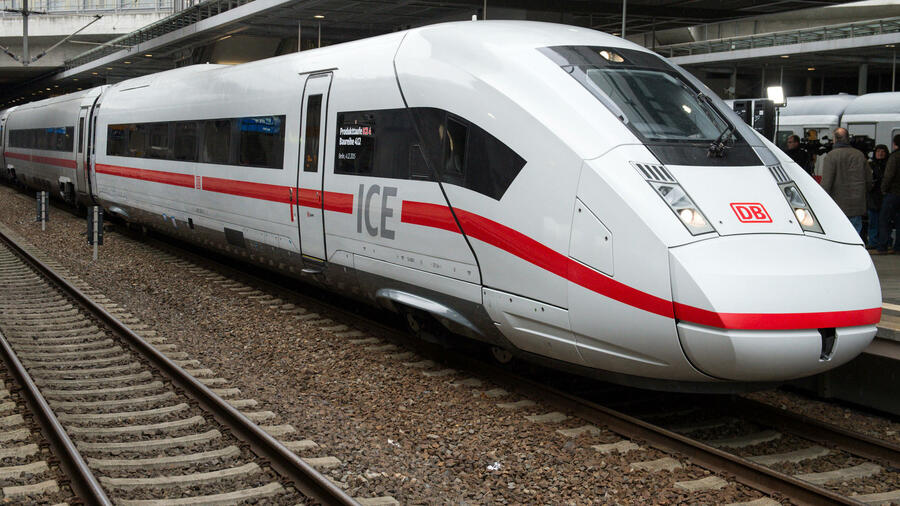Talgo has announced the timetable for the manufacture and launch of its hydrogen train, a green, innovative and efficient alternative to replacing diesel engines, which will be ready in 2023. The train will be named Talgo Vittal-One, as a reference to the place of the hydrogen in the periodic table, the first one. The details were presented during the event “Renewable hydrogen: an opportunity for Spain”, organised by the Spanish Ministry for the Ecological Transition and the Demographic challenge.
The first phase of the validation tests of the hydrogen technology will be conducted in 2021. After the validation process, the hydrogen technology will be installed in the new train during a second manufacturing phase that will take place between 2021 and 2023.
The company’s CEO, José María Oriol, stated during his presentation: “Green hydrogen is no longer the future, it is a reality. The implementation of hydrogen trains, such as the one Talgo is developing, will improve mobility in our country and have a positive impact on the environment. It will allow us to make the most of the non-electrified Spanish railways while reducing our carbon footprint”.
This system is configured as a modular solution that can be installed on all types of trains, as well as in upgrades from diesel to hydrogen. However, it has been specifically designed for the Vittal platform for Commuter and Regional trains, which Talgo has presented in the bidding process for various tenders in Spain and other countries.
